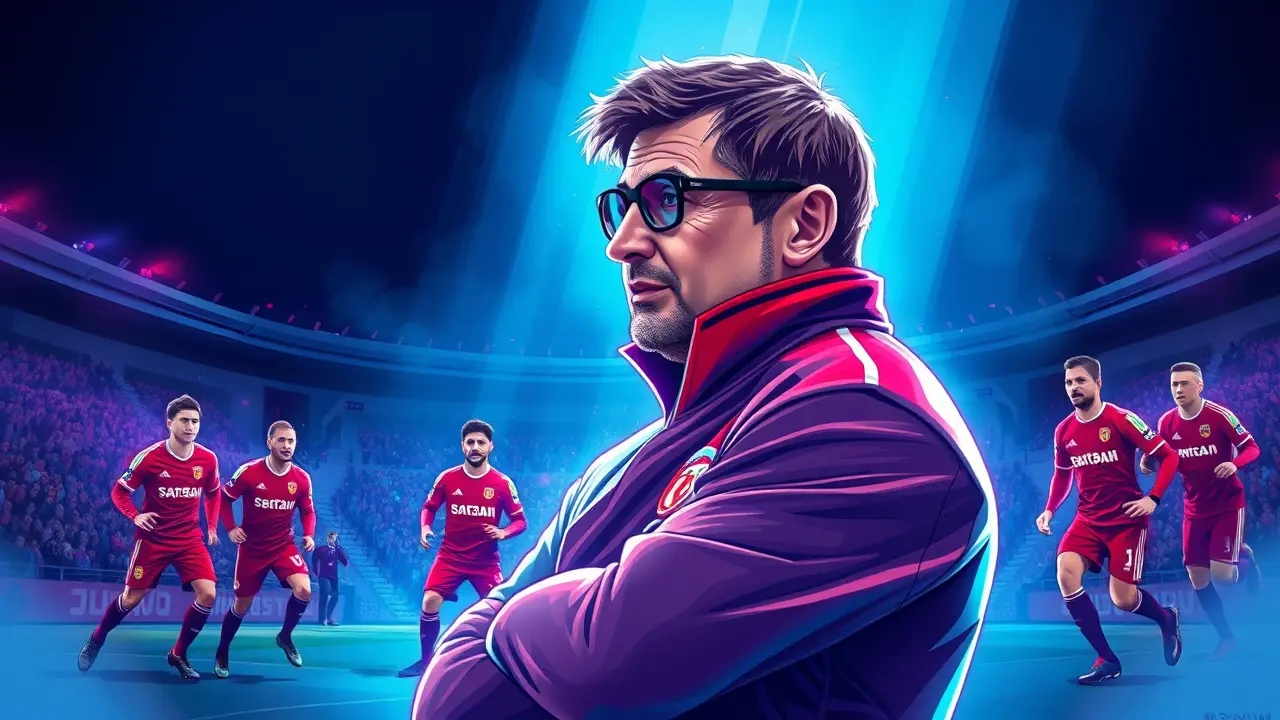Esteban Ocon: School Director Said Racing Was Pointless
The path to Formula 1 is rarely a straight line of privilege and paved tracks; for many, it is a grueling odyssey of sacrifice and defiance, a narrative embodied with raw, visceral clarity by Haas driver Esteban Ocon, whose recent recollections of his childhood struggles reveal a spirit forged not in wealth, but in the cold, unglamorous reality of a school parking lot. Imagine the scene: a young boy, not yet a teenager, waking up on a Monday morning not in a warm bed, but in the cramped confines of a second-hand mobile home parked directly outside his school, the vehicle serving as a stark symbol of a nomadic existence dedicated solely to the distant roar of an engine.This was Ocon’s normal, a relentless cycle where Sunday nights ended with a late return from some distant karting circuit and Monday mornings began with him stepping out of his family’s rolling home and directly into a classroom where he was met not with admiration, but with the cruel taunts of classmates who labeled him a 'gypsy,' a painful othering that highlighted the profound social chasm between his singular dream and their conventional lives. The adversity was institutional as well as social; he recalls frequent absences for Friday practice sessions, a necessary compromise for his craft that was met with not encouragement, but with the crushing pessimism of his own school director, who bluntly told the 10-year-old that his ambitions were pointless, that motorsport was a playground for the rich and his dreams were destined to evaporate.'Well, sir, thank you for destroying my childhood dreams, but I did it anyway!' Ocon’s triumphant retort, delivered from the pinnacle of global motorsport, is more than just personal vindication; it is a powerful lesson in the psychology of resilience, a case study in how the most potent fuel for success can sometimes be the very doubt others pour on your ambitions. This story resonates deeply with the core tenets of athletic greatness we so often celebrate—the pre-dawn runs of a marathoner, the endless free throws of a basketball star in an empty gym—yet Ocon’s journey carries the unique weight of a dream pursued in the face of active discouragement from an authority figure meant to guide him.It brings to mind the early struggles of other champions from humble origins, like the great Ayrton Senna, whose family mortgaged everything to support his karting, or Lewis Hamilton, whose father worked multiple jobs to fund a talent that would later redefine the sport. Ocon’s narrative, however, is punctuated by that specific, searing memory of being told to quit, a moment that could have extinguished a lesser spirit but instead seems to have hardened his resolve, transforming the dismissive words of a school administrator into a permanent chip on his shoulder.The emotional landscape he paints is one of profound isolation—of having few friends, of being an outsider in both the world he left for race weekends and the world he returned to, a boy caught between two realities, belonging fully to neither. It forces us to consider the countless other potential champions whose dreams were snuffed out by similar pronouncements, the lost talent that never made it past the first gatekeeper of disbelief.In the high-stakes, hyper-commercialized world of modern F1, where driver academies are often backed by corporate billions, Ocon’s ascent is a vital reminder of the sport’s purer, more anarchic roots, where raw talent and unyielding determination could, on rare occasion, overcome a sheer lack of financial firepower. His story is not just one of overcoming poverty, but of overcoming prophecy—the prophecy of failure issued by those who claim to know the limits of a child’s potential. As he straps into his VF-24, the ghost of that mobile home and the echo of that director’s voice are his invisible co-pilots, a testament to the fact that the most difficult corners to navigate are often not on the track, but in the mind, and that the ultimate victory is not just in winning races, but in proving the most painful of doubters gloriously, spectacularly wrong.
It’s quiet here...Start the conversation by leaving the first comment.
